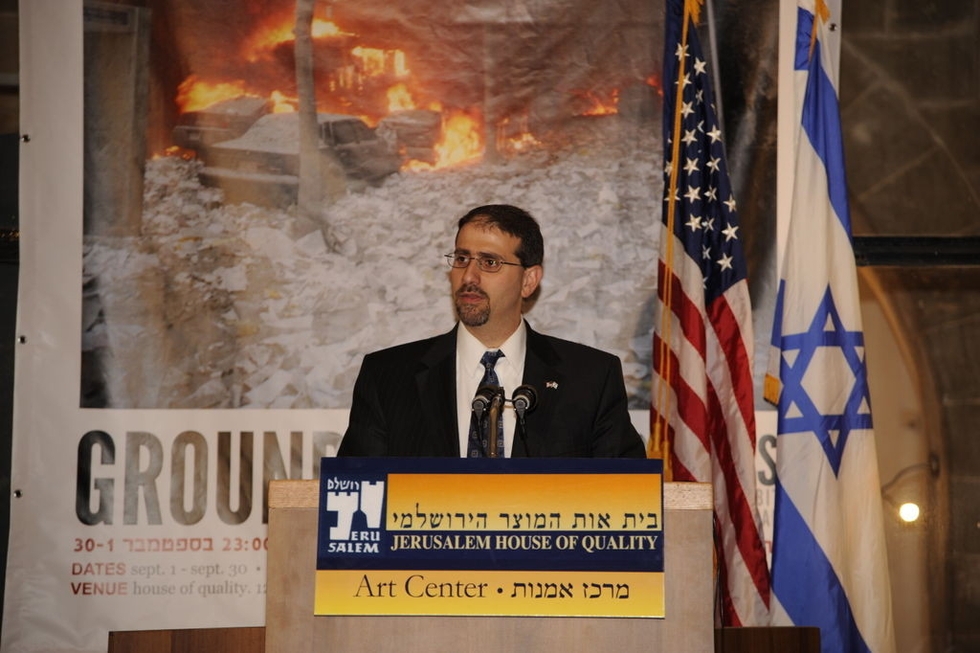US ambassador sees separate justice for Israelis, Palestinians

US ambassador Dan Shapiro on Monday charged that Israel seems to apply separate "standards" of justice for Israelis and Palestinians, drawing a rebuke from Prime Minister Benjamin Netanyahu.
"Too much (Jewish) vigilantism goes unchecked, and at times there seems to be two standards of adherence to the rule of law, one for Israelis, and another for Palestinians," Shapiro said in a speech at the annual meeting of the Institute for Strategic Studies in Tel Aviv.
The ambassador welcomed the indictment in early January of two Israelis over a firebombing in the occupied West Bank last year that killed a Palestinian couple and their toddler.
The indictments were "an important demonstration of Israel's commitment to prosecute acts of terrorism, regardless of their source, but too many attacks on Palestinians lack a vigorous investigation or response by Israeli authorities," he said.
Also on Monday, Shapiro criticised continued Israeli settlement construction in the occupied West Bank, suggesting that it may render the two-state solution less viable.
He said the US was "concerned and perplexed" by settlement development, "which raise(s) questions about Israeli intentions."
"Settlements can never be an excuse for violence – never," Shapiro added.
Netanyahu's office responded by saying that Israel "applies the law on Israelis just as it does on Palestinians" and said Shapiro's comments were "not acceptable or just," especially considering two recent attacks on Israelis in West Bank settlements.
The ambassador's settlement comments came after State Department spokesman John Kirby condemned an Israeli decision to create a new settlement on 10 acres of land belonging to a church in the West Bank.
Kirby said on 8 January that the new addition to the Gush Etzion settlement bloc along with other “continued settlement activity and expansion raises honest questions about Israel’s long-term intentions and will only make achieving a two state solution much more difficult”.
Middle East Eye propose une couverture et une analyse indépendantes et incomparables du Moyen-Orient, de l’Afrique du Nord et d’autres régions du monde. Pour en savoir plus sur la reprise de ce contenu et les frais qui s’appliquent, veuillez remplir ce formulaire [en anglais]. Pour en savoir plus sur MEE, cliquez ici [en anglais].




